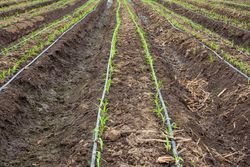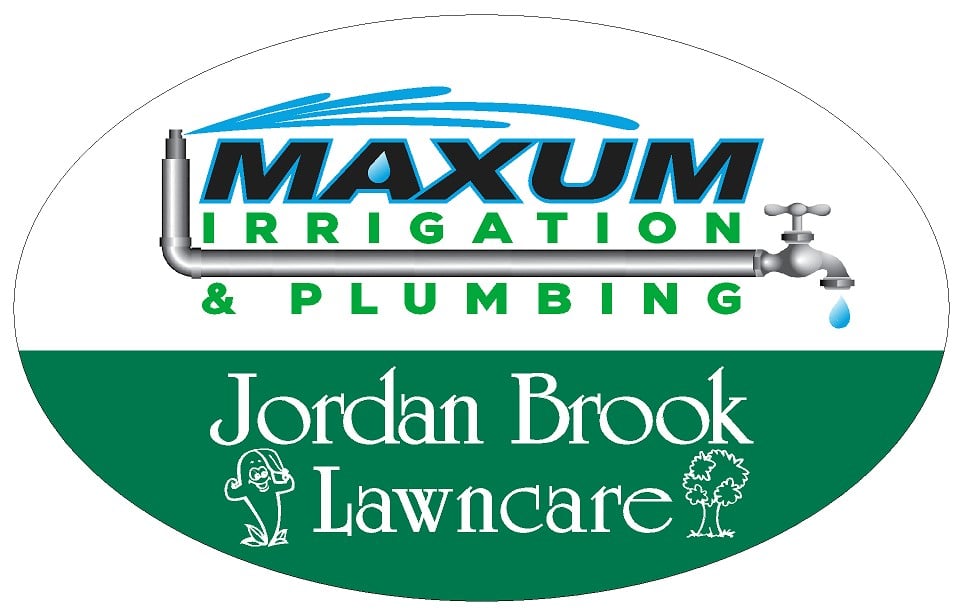When it comes to providing water for farms and gardens, the irrigation delivery system matters. Drip irrigation has become increasingly popular for both residential and farm-based applications thanks to its effective method of delivering water directly to the plant roots. Here is a closer look at how these systems work.
The Drip Irrigation Process
Drip irrigation describes a process in which water—and any added nutrients—are delivered directly to the root zone of a plant. Drip lines can be installed both above-ground and below the soil.
 Water is released from emitters placed near each plant. These mechanisms control how much water is released (though, most average one gallon per hour). The entire drip line system is controlled by a valve and pressure regulator. The valve is primarily used to turn the water off when the system needs to be repaired or when irrigation isn’t necessary, such as during the winter. Water is sent through the pressure regulator, which lowers the water pressure to ensure an appropriate flow for the drip system, as exceedingly high pressure can damage the drip tubing.
Water is released from emitters placed near each plant. These mechanisms control how much water is released (though, most average one gallon per hour). The entire drip line system is controlled by a valve and pressure regulator. The valve is primarily used to turn the water off when the system needs to be repaired or when irrigation isn’t necessary, such as during the winter. Water is sent through the pressure regulator, which lowers the water pressure to ensure an appropriate flow for the drip system, as exceedingly high pressure can damage the drip tubing.
The Benefits of Drip Irrigation
These systems help plants thrive while conserving water. Because moisture is distributed directly to the root zone, water loss from other environmental factors can be eliminated. Plants enjoy better health and growth optimally thanks to a slow, steady flow of water.
This can prove extremely cost-effective for farmers. Reducing water-use will lower monthly water expenses, while the elimination of a standard farm sprinkler system will reduce maintenance costs. Healthier plant growth will also ensure better harvest outcomes, further increasing a farm’s profits.
Whether you need sprinkler installation or drip irrigation system services, you can count on Maxum Irrigation & Plumbing in New London County, CT. Their specialists have been helping area residents install custom sprinkler systems for over 17 years. To learn more about their services or to schedule a consultation, visit them online or call (860) 525-7000.


